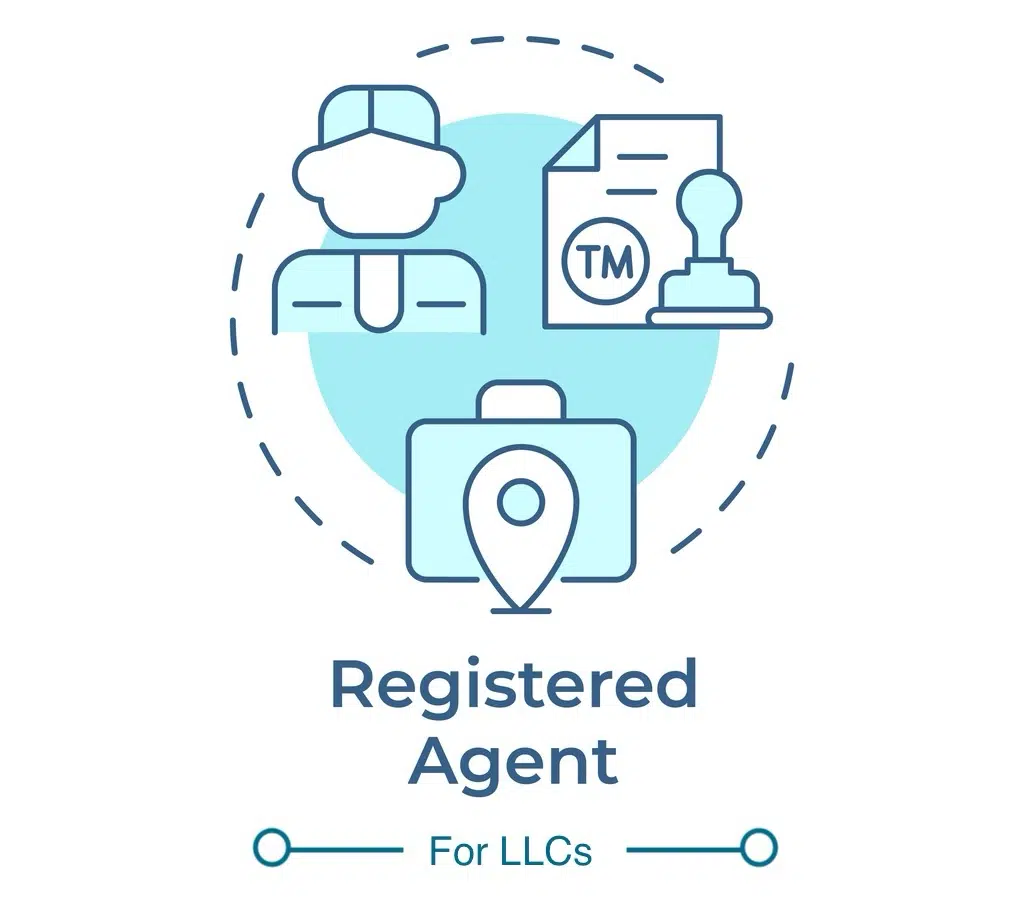 Understanding the provisions of a commercial lease is essential for both landlords and tenants in Los Angeles. These agreements outline critical terms that can significantly impact your business operations and legal standing. In this blog post, we’ll explore the most important provisions of a commercial lease and why they matter to your business.
Understanding the provisions of a commercial lease is essential for both landlords and tenants in Los Angeles. These agreements outline critical terms that can significantly impact your business operations and legal standing. In this blog post, we’ll explore the most important provisions of a commercial lease and why they matter to your business.
Defining the Lease Term and Renewal Options
The lease term specifies the duration of the agreement and determines your commitment to the property.
Length of the Lease
Commercial leases often have terms ranging from three to ten years. It’s important to evaluate whether the duration aligns with your business goals.
Renewal Clauses
These clauses give tenants the option to extend the lease under predefined conditions. Always negotiate renewal terms to avoid unexpected increases in rent.
Understanding Rent and Operating Expenses
Financial commitments are among the most critical parts of any lease agreement.
Base Rent and Escalation Clauses
The base rent is the fixed monthly payment, but many leases include escalation clauses that increase rent annually. Ensure you understand these adjustments.
Common Area Maintenance (CAM) Charges
Landlords often pass along a share of building expenses, such as maintenance and repairs, to tenants. Review the breakdown of CAM charges to avoid hidden costs.
Permitted Use and Exclusivity Clauses
How you use the leased space can affect your operations and competition.
Permitted Use
This provision outlines the type of business activities allowed on the premises. Clarify any restrictions to ensure compliance.
Exclusivity Clauses
These clauses prevent landlords from leasing to competitors within the same property, protecting your business from nearby competition.
Maintenance and Repair Obligations
Who is responsible for maintaining the property is another crucial consideration.
Landlord Responsibilities
Landlords typically handle structural repairs, roof maintenance, and HVAC systems, though this varies by agreement.
Tenant Responsibilities
Tenants are often required to maintain the interior, including plumbing and electrical systems. Clarify these terms to avoid future disputes.
Termination and Subleasing Rights
Flexibility in your lease can be a lifesaver if your business circumstances change.
Early Termination Clauses
These clauses outline the penalties or conditions for breaking the lease before its expiration. Negotiate terms that allow for some flexibility.
Subleasing Options
Subleasing provisions enable you to lease the space to another party if you no longer need it. Ensure the lease allows this option if flexibility is important.
Commercial leases are complex, and understanding their provisions is essential to protect your business. From rent escalation to maintenance obligations, each clause can have long-term implications. For tailored legal advice on negotiating or reviewing a commercial lease in Los Angeles, contact Law Advocate Group, LLP today.



